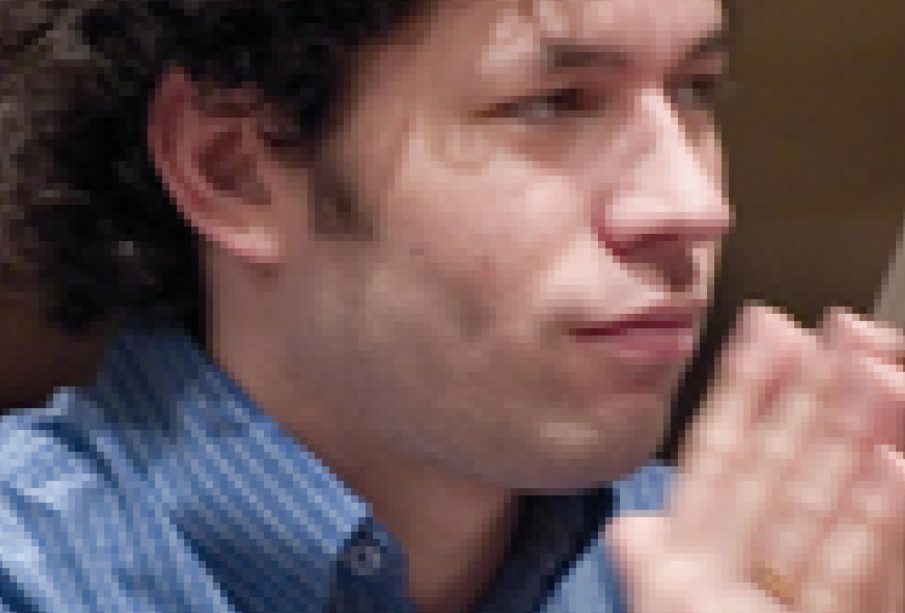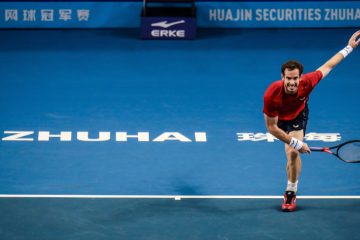The Inspiring Journey of Gustavo Dudamel

Introduction to Gustavo Dudamel
Gustavo Dudamel, a name synonymous with classical music innovation and passion, continues to captivate audiences worldwide. As the music director for prestigious organisations such as the Los Angeles Philharmonic and the Simón Bolívar Symphony Orchestra, his influence extends beyond performance. Dudamel is also a vocal advocate for music education, inspiring a new generation of musicians and audiences alike, making his contributions particularly relevant in today’s cultural landscape.
Significant Achievements
Born on January 26, 1981, in Barquisimeto, Venezuela, Dudamel’s musical journey began at an early age. He studied conducting at the Simón Bolívar Conservatory and quickly emerged as a prodigious talent within the El Sistema programme, which aims to provide music education to children in Venezuela. Dudamel gained international recognition in 2004 when he won the Gustav Mahler Conducting Prize. Since then, his career has surged, with notable guest appearances with major orchestras and opera houses globally.
Dudamel’s leadership of the Los Angeles Philharmonic since 2009 has redefined concert experiences, focusing on accessibility and community engagement. In 2022, he conducted a series of innovative concerts that featured both classical masterpieces and contemporary works, bridging the gap between genres and appealing to younger audiences. His commitment to inclusivity is further reflected in the initiatives he has championed, such as the free community concerts and music outreach programmes designed to engage underprivileged youth.
Recent Developments
In recent months, Dudamel has made headlines for his involvement in several high-profile projects. He collaborated with artist Billie Eilish to conduct a unique orchestral arrangement of her hit songs, showcasing his ability to connect classic and modern music. Moreover, in early 2023, Dudamel announced a new collaboration with the Boston Symphony Orchestra, further expanding his repertoire and influence within the classical music scene.
His passion for social causes remains a pillar of his identity; Dudamel continues to speak out on issues like the importance of music education in schools and its impact on youth development, especially in the wake of pandemic-related disruptions.
Conclusion: The Future of Gustavo Dudamel
As Gustavo Dudamel continues to break barriers in the classical music realm, he stands out not only for his remarkable conducting but also for his dedication to uplifting communities through music. Looking ahead, Dudamel’s role in promoting music as a universal language and a tool for social change will undoubtedly shape the future of orchestral performances. His journey reminds us of the transformative power of music, inspiring audiences and young musicians to believe in their potential and embrace creativity.









